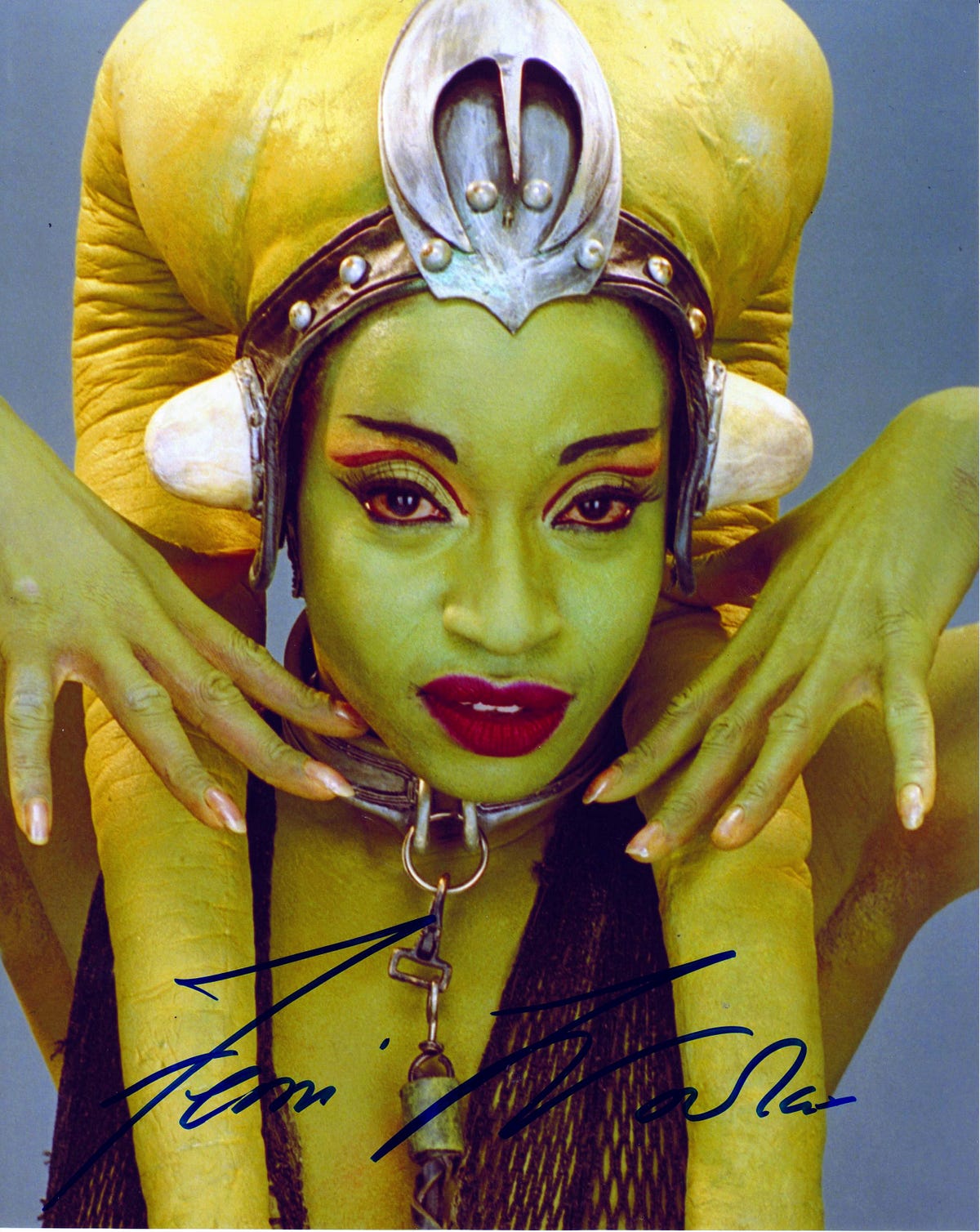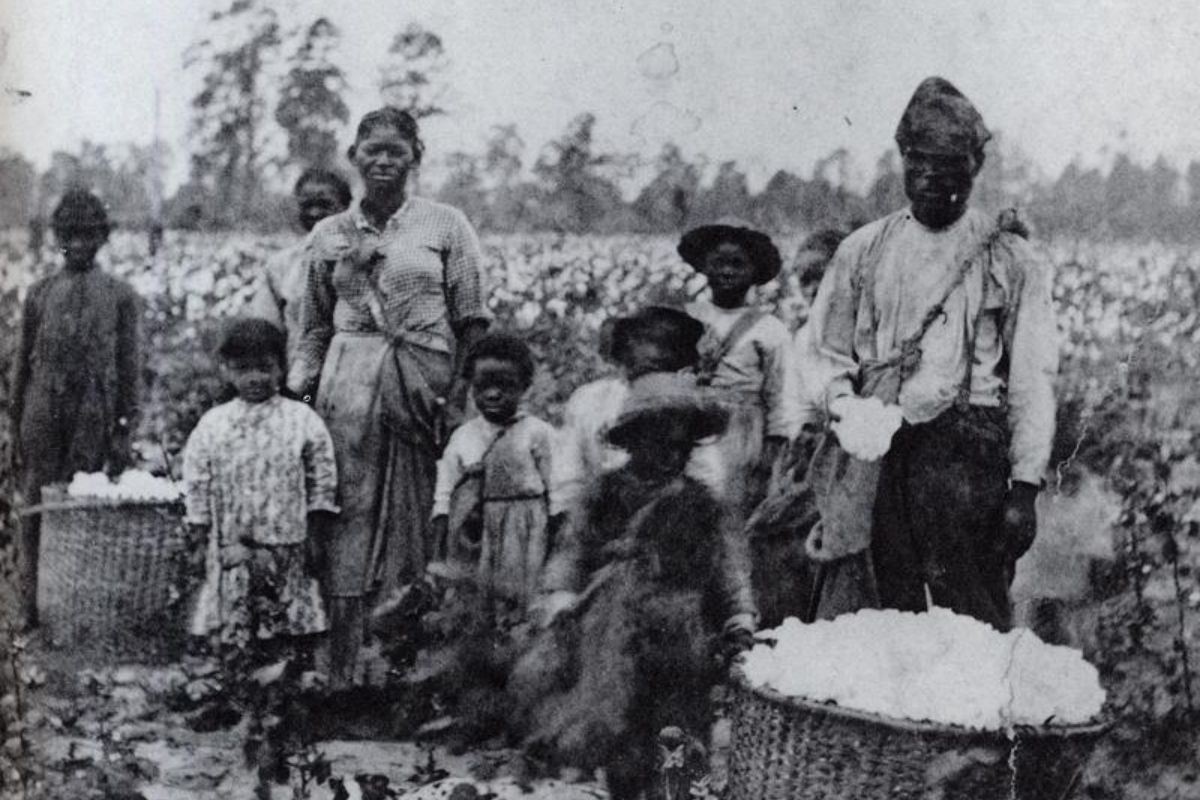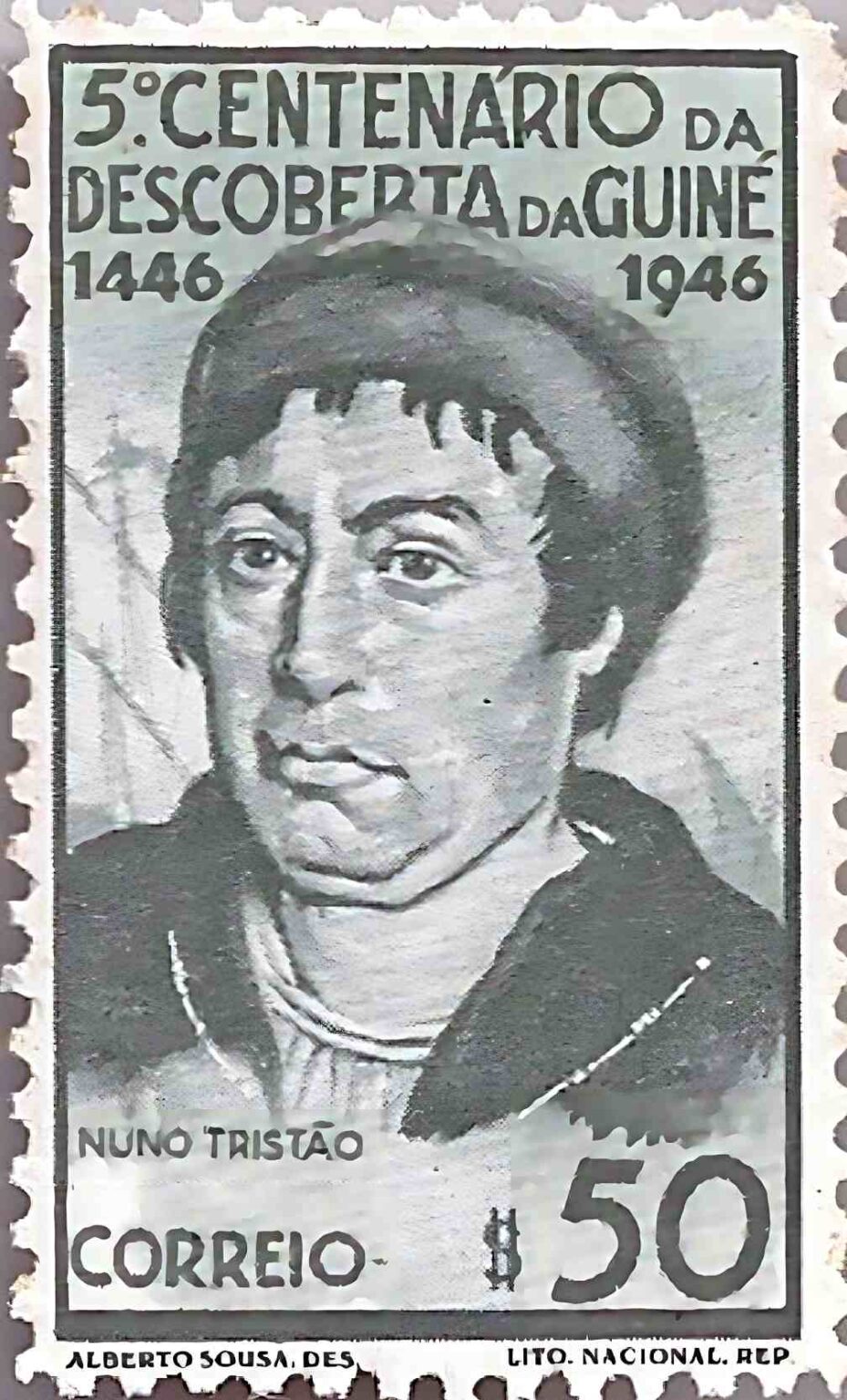Cool Tips About Black Slave Hairstyles Hairstyle For Spectacles Wearer Men

The hair of black boys and girls.
Black slave hairstyles. African slaves used their long hair history, traditions and hairstyles to resist against oppression in colombia and fight for freedom. Throughout slavery, black men kept the same short haircut profile and no amount of natural african hairstyles were allowed such as dreadlock hairstyles or twist. Also hidden in hair are black eyes beans, small cassava cuttings, maize and other grains depending on how thick the hair was.
Slaves wore elaborate hairstyles, but were soon. The history and culture of black hair dates back to the 1400s, when the first documented slave trade occurred.
For example, to signal that they wanted to escape, women would braid a hairstyle called. From slavery to colonialism the policing associated with ‘black hair’ today, makes it necessary to look back at its historical myths. Whether rocking afros or pressed hair, black protesters demanded the signing of the civil rights act of 1964, which “ ended segregation in public places and banned.
For instance, a braid worn to the right might indicate a path to. When the slave trade commenced in the fifteenth century, captured africans were sometimes forced to shave their hair as a way to. Around the year 1619, when africans were forced into slave ships, many colonists shaved african women’s hair dehumanizing them by stripping their sense of pride and identity.
How braids were used to keep our ancestors alive spaniards who colonized the area. During the years of several slavery. During the african slave trade, africans did their hairs in various styles and each style had a meaning behind it.
In the african oral traditions, some of the enslaved. 01 jan, 17 the dark history of black hair: Different styles, arrangements, or even the number of braids could signify different meanings.
Preserving african culture amidst oppression hair braiding was not just about survival;


















